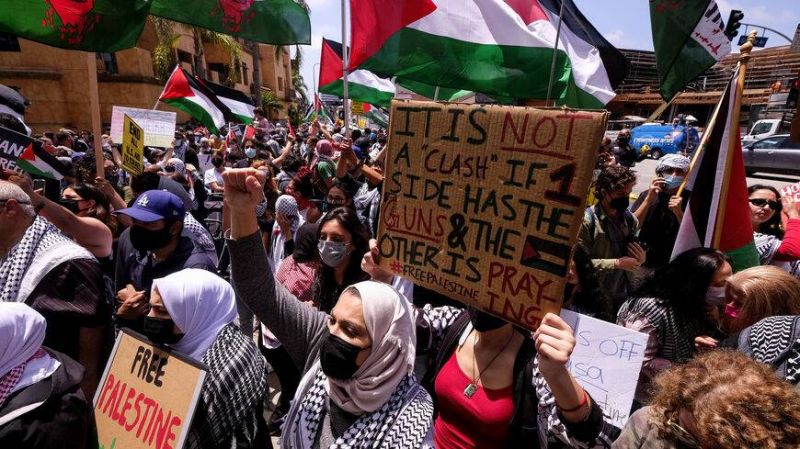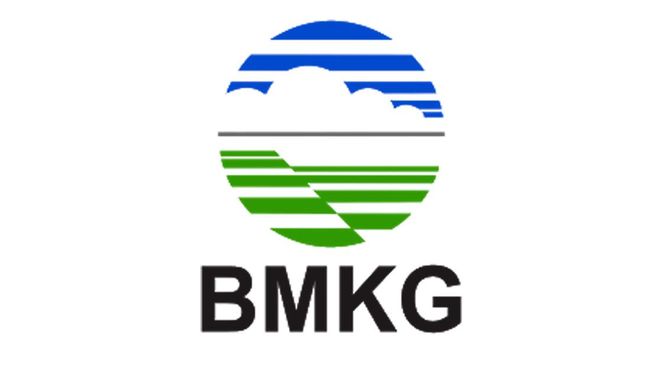The latest political and military streak in the occupied territories and within the borders of Israel has given more importance than before in the American debate to the question of the Israeli colonization of Palestinian lands on the one hand and to the support from Washington to its main ally in the Middle East on the other hand. The solidarity movement with Palestine in the streets and, above all, on social networks has also revealed significant developments within a public opinion, on the democratic side, traditionally pro-Israel but increasingly critical of the policy pursued. by the Hebrew state. According to a poll conducted by the Gallup Institute in March, nearly 53% of Democratic supporters said they were in favor of putting more pressure on Israel to end the “Israeli-Palestinian conflict.” This is 10 points more than in 2018 and 20 more than in 2008. Lubna Qutami, assistant professor in the department of Asian-American studies at the University of California, Los Angeles (UCLA), answers questions from L ‘Orient-Le Jour on the roots of this new dynamic while in an unprecedented way, two resolutions, one carried by Congressman Alexandria Ocasio-Cortez on Wednesday, the other by the former Democratic primary candidate Senator Bernie Sanders on Thursday attempted to block a $ 735 million arms sale to Israel approved by the Biden administration.
What do you think are the main factors that have made it possible in recent years to develop a stronger and more visible Palestinian solidarity movement in the United States?
This movement was not born overnight. But in recent years it has grown stronger through a burgeoning student and youth movement, through dozens of “Boycott, Divestment, Sanctions (BDS)” campaigns and the rise of social media as a medium. of alternative information sharing that big media companies have long censored.
Added to this is the fact that the Palestinians and those who struggle with them have invested themselves in particularly significant work aimed at connecting the struggle for a free Palestine with the various struggles and causes in the country, thus showing the interdependent character of the systems of the Palestinian Authority. oppression in the United States and Israel on the one hand and the intimate bonds of solidarity between Palestinians and oppressed groups in the country on the other. This has allowed a variety of movements and causes to recognize Palestinian liberation as being linked to their own, which in turn has placed Palestine at the center of the progressive agenda. This applies for example to relations of solidarity between Palestinians and indigenous struggles for land sovereignty or the fight against racist state violence – in particular through the coalition The Movement for Black Lives. Blacks, Editor’s note).
All of these developments on the ground have made Palestine a key issue for our generations. Especially since advocacy and activism for justice in Palestine have also increased in the United States at the same time as conditions have deteriorated for the Palestinians in their homeland, in particular through increased loss of land. , settlement expansion, intensification of state and settler violence, a ruthless siege and endless wars on the Gaza Strip. These conditions really pushed people to act, to hold themselves accountable for such a catastrophe that has plagued a people for far too long with a seal of approval and military, financial and economic support from the United States.
Never as much as today have the questions of Israeli colonization and occupation led to real debate within the Democratic Party. How much do you think this can have an impact?
This development within the Democratic Party is the result of decades of engagement by Palestinians in the diaspora and those who support them. The party is aware that popular movements support Palestinian freedom, even though Zionist organizations still wield considerable power and influence in Washington. A team of very courageous young leaders in Congress are responding to calls from below. It is not just about Palestine. For far too long, the Democratic Party has done nothing but show support for communities sounding the alarm bells about systemic violence and oppression, whether racial, gender, sexual or economic. Ordinary people in the United States have spoken out against the mainstream within the Democratic Party. This is precisely why Bernie Sanders led two such important campaigns in 2016 and 2020, with such strong popular support.
What are the main obstacles to this new wind?
Organizers on the ground are keenly aware that the pro-Israel lobby is doing everything in its power to end the open and free political debate and intellectual exchange on this subject. He has attempted to pass laws that criminalize BDS, free speech, and academic freedom over Palestine. He attempted to wrongly equate anti-Zionism with anti-Semitism through the law. He leveraged his power and influence over big tech companies like Zoom, YouTube, Facebook, Eventbrite and Instagram, urging them to censor defenders of justice in Palestine. He has not shied away from waging slanderous campaigns, harassing and hunting down spokespersons, activists, political figures and academics who defend Palestinian rights. All of this crackdown proves that this pro-Israel lobby doesn’t want people to be able to question what’s going on, precisely because they know they are losing the battle in public opinion. That said, activists on the ground recognize how difficult it has been for Democratic Party members to change the status quo on this issue.
–
The latest political and military streak in the occupied territories and within the borders of Israel has given more importance than before in the American debate to the question of the Israeli colonization of Palestinian lands on the one hand and to the support from Washington to its main ally in the Middle East on the other hand. The solidarity movement with …


